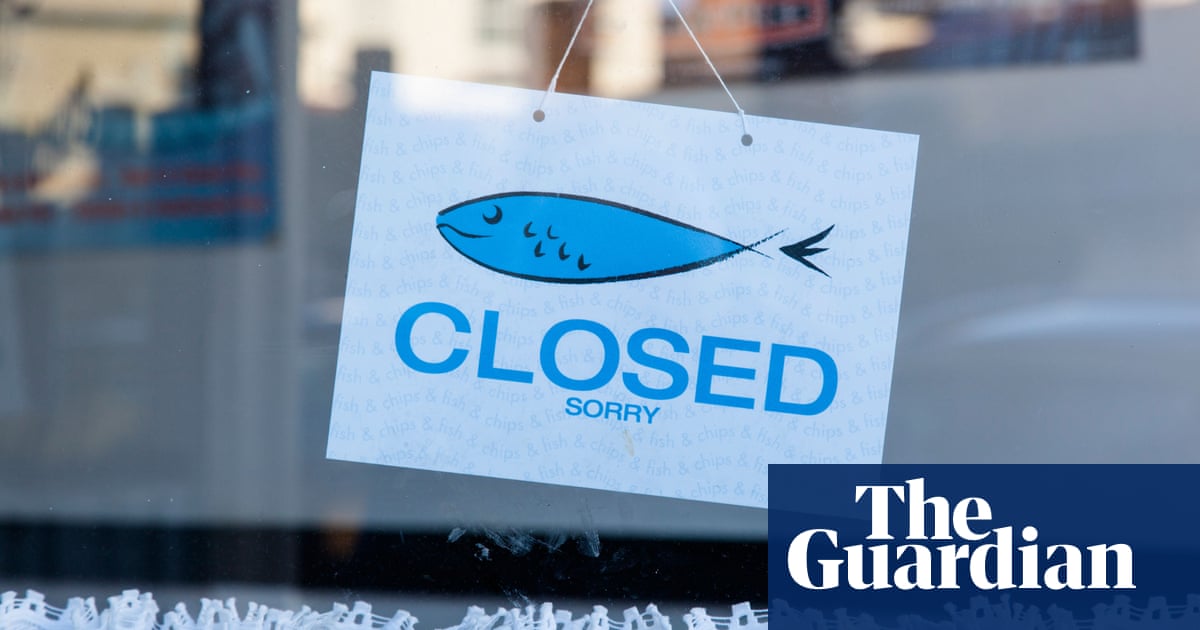
Care homes are receiving less Covid-19 support from the government than restaurants, hairdressers and shops, according to leading care bodies.
Last week, Friary Lodge in north London became the first care home to be forced to close by the financial impact of coronavirus and many more of the UK’s 18,000 homes are under threat, according to members of the Care Provider Alliance, the umbrella group for care organisations.
Homecare providers whose carers support patients in their own homes also face financial ruin, according to Dr Jane Townson, chief executive of the UK Homecare Association.
The UKHCA says up to 80% of homecare firms will be at risk of insolvency by the end of July. About 10 million adults need help at home, of which 811,000 receive formal care there.
“What’s going to happen to all those people if they don’t receive care? They will end up in hospital with malnutrition and dehydration and God knows what else,” Townson said.
“The chancellor has given business loans and grants to hospitality and retail and other sectors. Our people weren’t eligible for any of those.”
Vic Rayner, executive director of the National Care Forum, which represents non-profit care homes, said the contrast was most obvious for those homes that offered other services such as restaurants and haircuts.
“One of our members has received more funding from the retail hospitality and leisure grant for disruptions to their hairdressing and bistro services than they have for their care home operations,” Rayner said. “That was a bit of a jaw-dropping moment.”
Under that grant, restaurants can get up to £25,000 in cash and also reduce their business rates.
Care homes and homecare providers, by contrast, have seen costs rise by 30% to 40%, Townson said. They have needed to hire more staff to cover those who are sick or self-isolating, yet all but the smallest do not qualify for help with statutory sick pay. Their PPE costs have risen tenfold and homes need to be deep cleaned more regularly.
At the same time, care providers have seen income drop by up to 15% because residents have died – not all from coronavirus – and new residents are not arriving at the same rate.
Since March, ministers have made three pledges of funds for the care sector, adding up to £3.8bn, but most of that is being held by local authorities – still reeling from a decade of funding cuts – and not yet distributed.
And most local authorities say they will only pass money on to cover people they have placed in care. In many regions, a care home where all the residents are self-funding would be unlikely to receive a penny.
The looming cash crisis is just one of the challenges facing a care sector riven by Covid-19, and still suffering from PPE shortages and inadequate testing.
Many carers feel there has been a lack of support from the NHS hierarchy. Some homes say they have not seen a doctor or a district nurse since lockdown began in March.
Helen Whately, the care minister, gave England’s 135 clinical commissioning groups, which oversee GPs and district nurses, a deadline of last Friday to give care homes “timely access” to clinical advice from a “named clinical lead”.
Helen Wildbore, director of the Relatives and Residents Association, said many relatives had been calling its helpline about the lack of access to medical care in care homes.
“We’ve seen GPs and other medical practitioners deliberately staying away from care homes, partly so as not to take in a virus if they’ve been seeing other patients, but also for their own safety,” she said.
Professor Martin Marshall, chair of the Royal College of GPs, said GPs had been using more remote consultations but that they are not suitable for all patients and all conditions, “so if a face-to-face consultation is necessary, appropriate arrangements will be made to facilitate this, including in care homes”.
Marshall continued: “Keeping our patients who live in care homes safe is a priority for GPs – and the college has called for increased testing in care homes … so that residents and staff can be as protected as possible during the pandemic.”
A Department of Health and Social Care spokesman said: “We are working closely with local authorities to ensure funding is distributed fairly and reaches the frontline where it is needed most. We will keep future funding need under review.”












